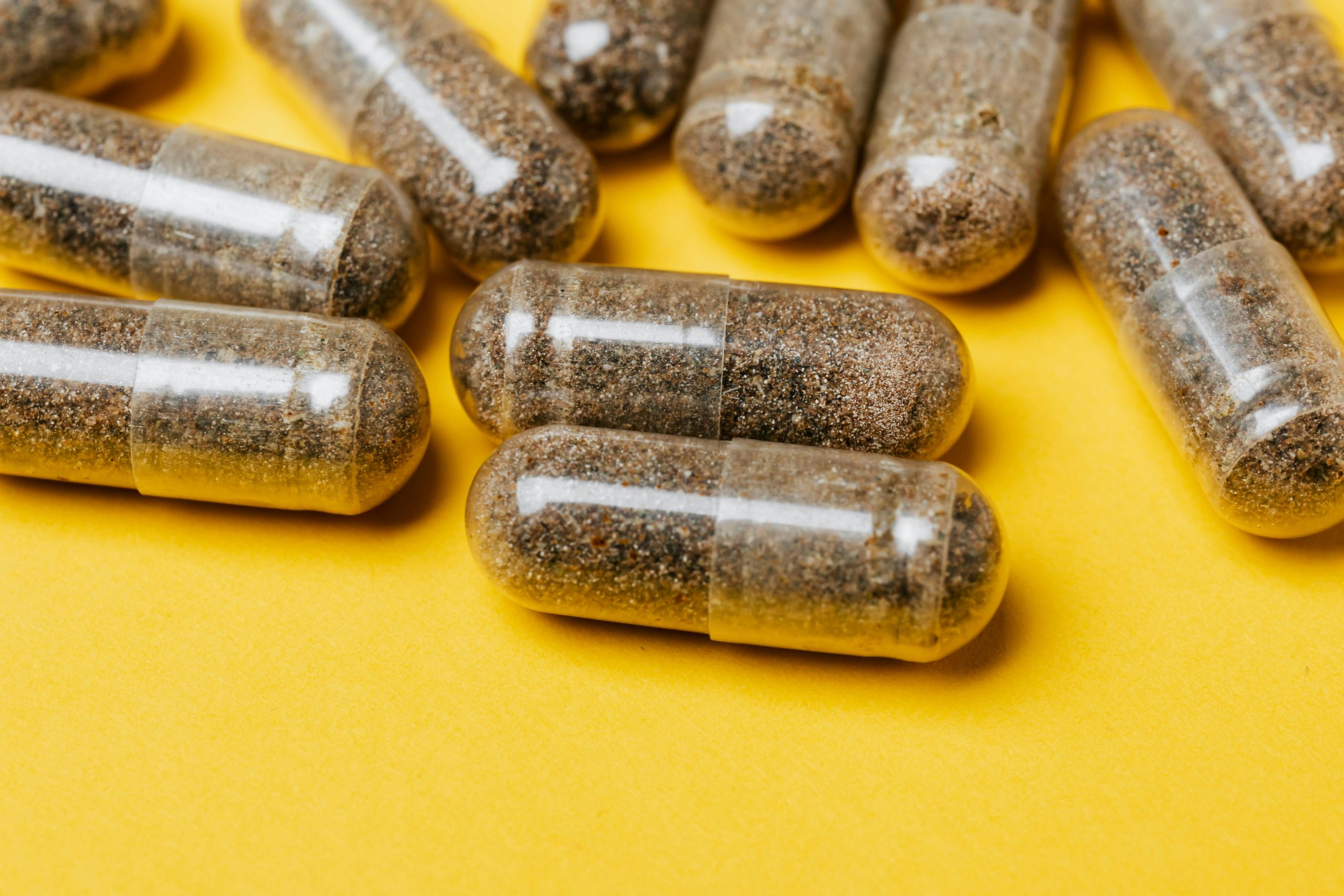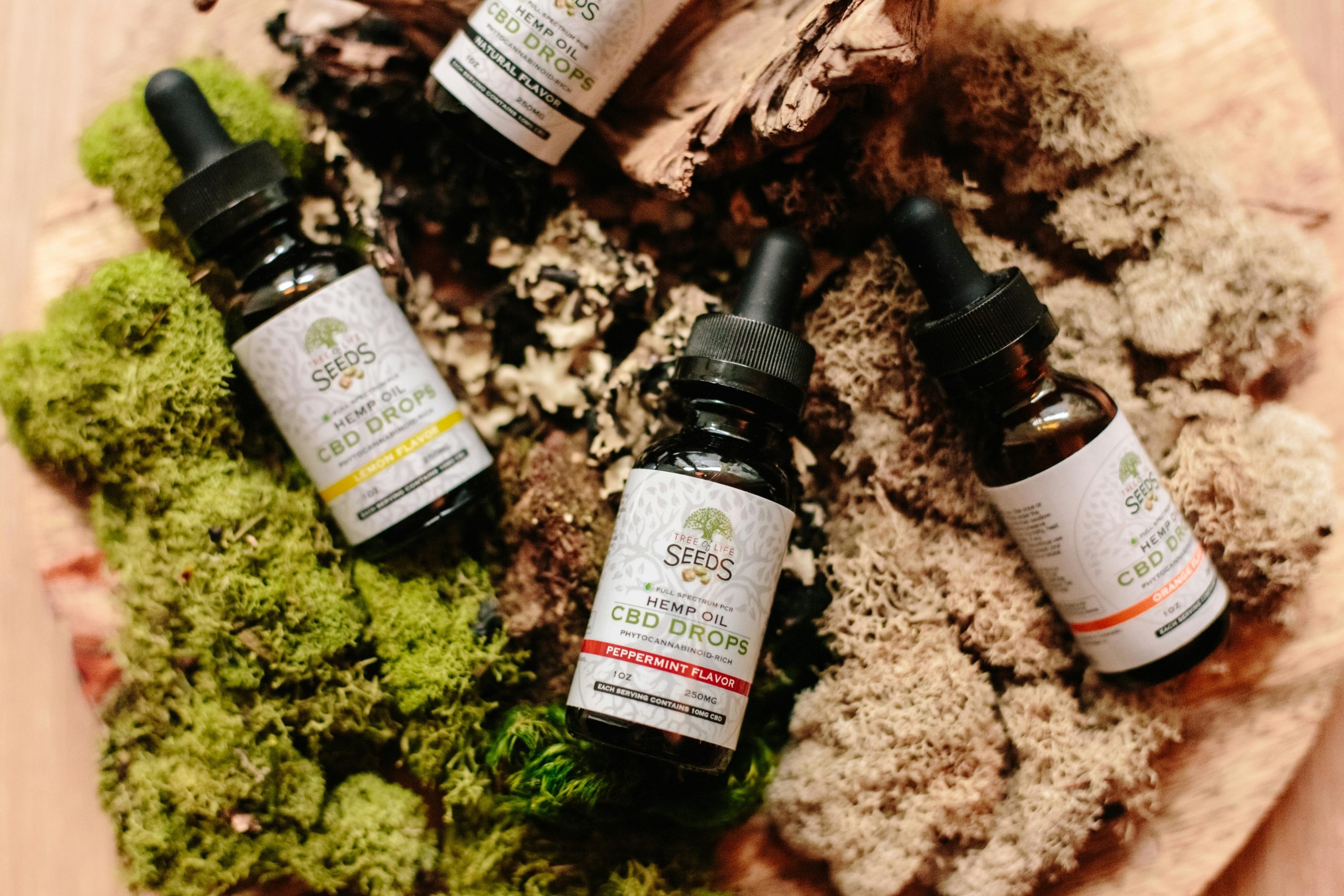In a world where antibiotic resistance is on the rise, many people are turning to nature for safer, gentler alternatives. Herbal remedies have been used for centuries to fight infections, boost immunity, and promote healing without the harsh side effects of synthetic drugs. From garlic to echinacea, nature offers a treasure trove of powerful antimicrobial herbs that can support your body’s natural defenses. This guide explores the most effective herbal alternatives to antibiotics and how to use them for optimal health.
Why Choose Herbal Alternatives to Antibiotics?
Antibiotics have saved countless lives, but their overuse has led to antibiotic-resistant bacteria, making infections harder to treat. Unlike synthetic antibiotics, which often target both harmful and beneficial bacteria, herbal remedies work more selectively. Many herbs possess broad-spectrum antimicrobial properties while also supporting immune function and reducing inflammation. Additionally, they are less likely to disrupt gut flora, a common issue with conventional antibiotics.
Key benefits of herbal alternatives include:
- Reduced risk of antibiotic resistance
- Fewer side effects on gut health
- Anti-inflammatory and immune-boosting properties
- Accessibility and affordability
Top Herbal Antibiotics and Their Uses
1. Garlic (Allium sativum)
Garlic is one of nature’s most potent antimicrobial agents, thanks to its active compound, allicin. Studies show it can combat bacteria, viruses, and even fungi. It’s particularly effective against respiratory infections, digestive issues, and skin infections.
How to use: Consume raw garlic (1-2 cloves daily), take garlic supplements, or apply garlic-infused oil topically for skin infections.
2. Echinacea (Echinacea purpurea)
Echinacea is renowned for its immune-boosting properties. It stimulates white blood cell production, helping the body fight infections like colds, flu, and upper respiratory infections.
How to use: Drink echinacea tea, take tinctures, or use capsules at the first sign of illness.
3. Goldenseal (Hydrastis canadensis)
Goldenseal contains berberine, a compound with strong antibacterial and antifungal effects. It’s particularly useful for urinary tract infections, digestive issues, and sinus infections.
How to use: Take as a tea, tincture, or capsule. Avoid long-term use due to its potent effects.
4. Oregano Oil (Origanum vulgare)
Oregano oil is rich in carvacrol and thymol, compounds with powerful antibacterial and antiviral properties. It’s effective against respiratory infections, candida overgrowth, and foodborne pathogens.
How to use: Dilute a few drops in water or carrier oil for internal or topical use.
5. Manuka Honey
Manuka honey, derived from New Zealand’s tea tree, has exceptional antibacterial properties. It’s used for wound healing, sore throats, and digestive infections.
How to use: Consume a teaspoon daily or apply directly to wounds and burns.
How to Incorporate Herbal Antibiotics into Your Routine
Using herbal antibiotics effectively requires understanding their strengths and proper dosages. Here’s how to integrate them into your wellness plan:
- Prevention: Take immune-boosting herbs like echinacea and garlic during cold and flu season.
- Acute Infections: Use stronger herbs like oregano oil or goldenseal at the onset of illness.
- Topical Applications: Apply manuka honey or garlic oil to cuts, burns, or skin infections.
- Combination Formulas: Many herbal blends enhance effectiveness—look for tinctures or teas with multiple antimicrobial herbs.
Note: Always consult a healthcare provider before using herbal remedies, especially if you’re pregnant, nursing, or on medication.
Potential Risks and Considerations
While herbal antibiotics are generally safe, they aren’t without risks. Some herbs can interact with medications or cause side effects like digestive upset or allergic reactions. Here’s what to keep in mind:
- Quality Matters: Choose organic, high-quality herbs to avoid contaminants.
- Dosage: Follow recommended dosages—more isn’t always better.
- Duration: Avoid prolonged use of potent herbs like goldenseal.
- Medical Conditions: Those with autoimmune disorders or chronic illnesses should use caution.
If symptoms persist or worsen, seek medical attention—herbs are supportive but not always a substitute for conventional treatment.
Conclusion
Herbal alternatives to antibiotics offer a natural, effective way to combat infections while supporting overall health. From garlic’s potent antimicrobial action to echinacea’s immune-boosting power, these remedies provide a gentler approach to healing. By incorporating them wisely into your routine, you can harness nature’s pharmacy to stay resilient against illness. Always prioritize safety by consulting a healthcare professional and choosing high-quality sources. Embrace the power of herbs and take a step toward holistic wellness today.


